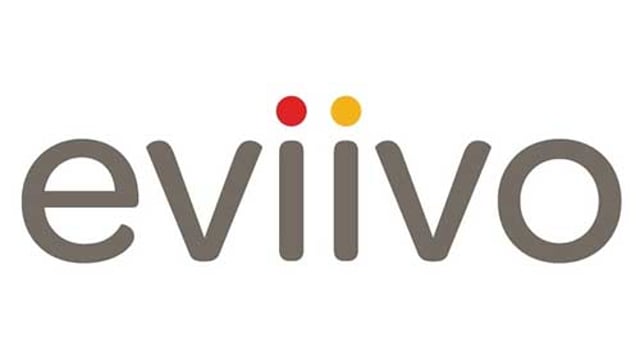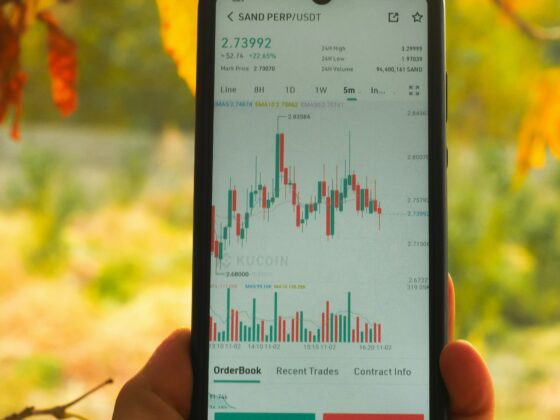
As summer travel surges, a new report from identity verification company Jumio reveals a troubling lack of consumer trust in the travel industry’s ability to protect against AI-driven fraud. According to the 2025 Online Identity Study, 44% of global consumers don’t believe the industry can adequately safeguard them from threats like identity theft and account takeovers.
That figure climbs even higher in the sharing economy space—including vacation rentals and gig-based travel services—where 50% of global users and 55% of UK users say they feel exposed.
Jumio’s findings underscore the evolving risks that come with digital convenience: travelers are routinely handing over sensitive documents such as passports and driver’s licenses to book flights, hotels, and rentals. In today’s fraud landscape, that kind of data is a prime target for increasingly sophisticated, AI-powered scams.
Adding to the concern, 69% of respondents believe AI-enabled fraud now poses a greater threat than traditional identity theft.
But consumers aren’t just worried—they’re willing to act. The study shows a growing number are open to spending a little more time on identity verification in exchange for stronger protection:
- 74% of consumers globally said they would spend more time verifying their identity on travel platforms if it boosted security (up from 71% in 2024).
- 70% would do the same for sharing economy services (a slight drop from last year, but still strong).
- That willingness rises further in industries like banking, where 80% say they’ll spend more time to feel secure.
Key Takeaways for IT and Security Teams
- Consumer trust is slipping—especially around identity protection in digital interactions.
- AI-driven fraud is evolving fast, and old safeguards aren’t enough.
- Travelers are open to more verification, as long as it’s secure and doesn’t create friction.
- Now is the time to review your digital check-in, booking, and ID processes to ensure they include biometric or AI-driven fraud prevention.
- Sharing economy models face even greater skepticism, suggesting a need for visible and verifiable security protocols.








